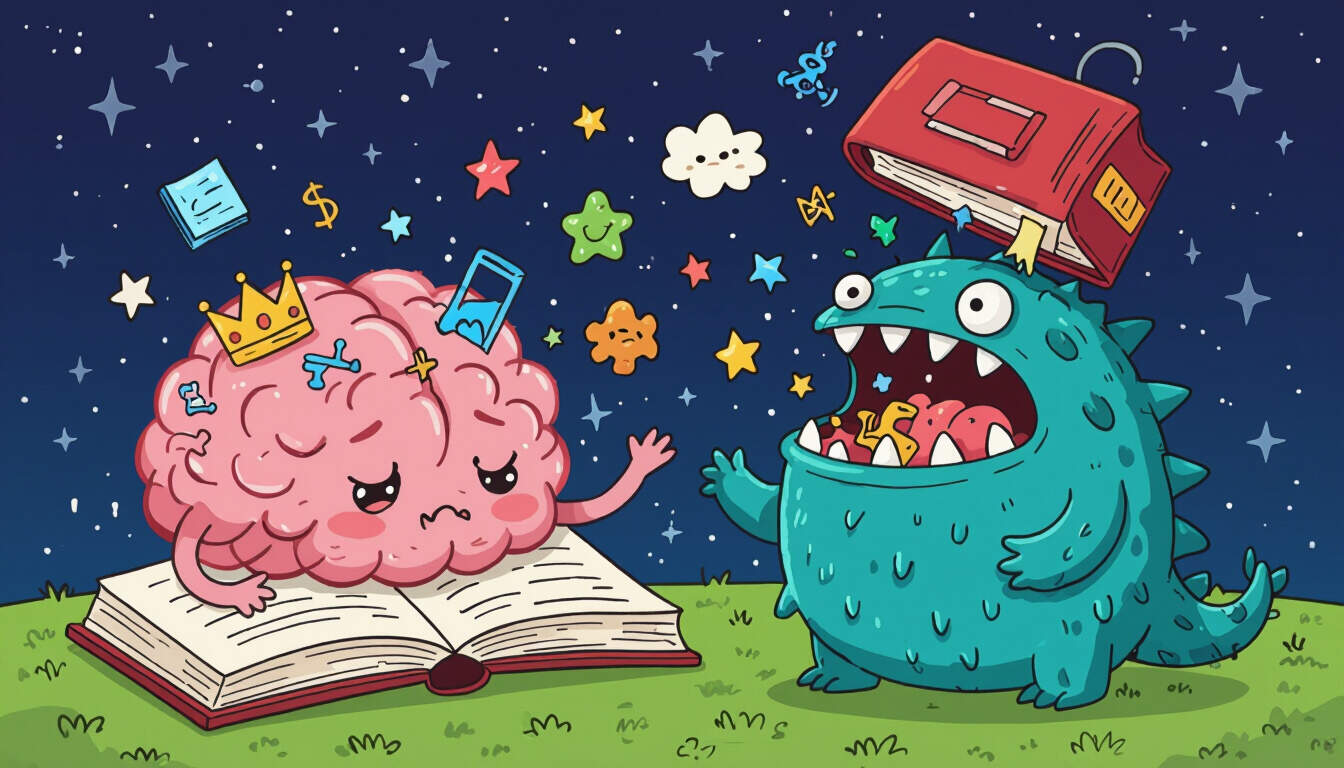How Journal Apps Aid in Cognitive Load Offloading
 by Verner Mayer
by Verner Mayer
Discover how journal apps can help reduce mental overload by organizing thoughts and tasks efficiently. This article offers practical tips for students and professionals to enhance focus and productivity through simple digital tools.

In our busy lives, managing the constant stream of information can lead to mental fatigue. Cognitive load offloading involves transferring mental tasks to external tools, allowing for clearer thinking and better focus. One effective method is using journal apps to record and organize daily thoughts.
Many people face challenges with overwhelming tasks at work or school. By writing down ideas and plans in a journal app, individuals can free up mental space. This process helps in reducing the burden of remembering every detail, making it easier to concentrate on what matters most.
Journal apps offer features like searchable entries and reminders, which assist in tracking progress without extra effort. For students, these tools can be particularly useful during exam periods. They allow for quick note-taking and review, helping to manage study materials effectively.
Benefits of Journal Apps for Everyday Use
First, journal apps provide a centralized place for all notes and reflections. This organization reduces the need to juggle multiple thoughts in your mind. For professionals, maintaining a digital journal can streamline project ideas and deadlines, leading to improved efficiency.
Another advantage is the ability to categorize entries. Whether it's work-related tasks or personal goals, grouping information makes retrieval simple. This feature supports long-term planning and helps prevent forgetfulness.
Practical Tips for Getting Started
To begin, choose a journal app that suits your needs. Look for one with easy interfaces and cloud synchronization. Start by setting aside a few minutes each day to jot down key points from your routine.
For students, use the app to outline study sessions. Write summaries of lectures or break down assignments into smaller steps. This practice can lighten the mental load associated with academic pressures.
Professionals might find it helpful to log daily achievements and challenges. By reviewing these entries weekly, you can identify patterns and adjust strategies accordingly. Over time, this habit fosters a sense of control over your workload.
Incorporating journal apps into routines can also include setting specific goals. For instance, aim to write three key tasks each morning. This approach ensures that important items are not overlooked, promoting a more balanced day.
Real-Life Applications
Consider a student preparing for finals. Instead of mentally rehearsing notes, they use a journal app to type out key concepts. This external storage allows the student to recall information more easily during reviews, reducing anxiety and improving retention.
In a professional setting, an employee might use the app to track meeting outcomes. By noting action items immediately, they avoid the mental clutter of trying to remember details later. This method enhances collaboration and ensures follow-through on responsibilities.
Beyond academics and work, journal apps can support personal well-being. Recording daily reflections helps process emotions and experiences, which in turn reduces overall mental strain. Regular use encourages mindfulness and self-awareness, contributing to a healthier mindset.
Overcoming Common Challenges
Some may worry about the time required to maintain a journal. However, starting with short entries can make it manageable. Over time, the benefits of reduced cognitive load outweigh the initial effort.
Another concern is data privacy. Most reputable apps offer secure options, so selecting one with strong protection is essential. This ensures that personal entries remain confidential, allowing for open and honest recording.
Integrating with Other Tools
Journal apps can work alongside calendars or task managers for a comprehensive system. For example, link entries to specific dates to create a timeline of activities. This integration further offloads cognitive demands by automating reminders and connections.
For those interested in cognitive science, exploring how these tools align with memory theories can be fascinating. By actively engaging with journal apps, users apply principles of external memory aids in their daily lives.
In conclusion, adopting journal apps as part of your routine offers a straightforward way to manage mental overload. With consistent use, these tools can lead to greater productivity and a calmer mind. Whether you are a student, professional, or simply seeking better focus, giving it a try could make a positive difference.
